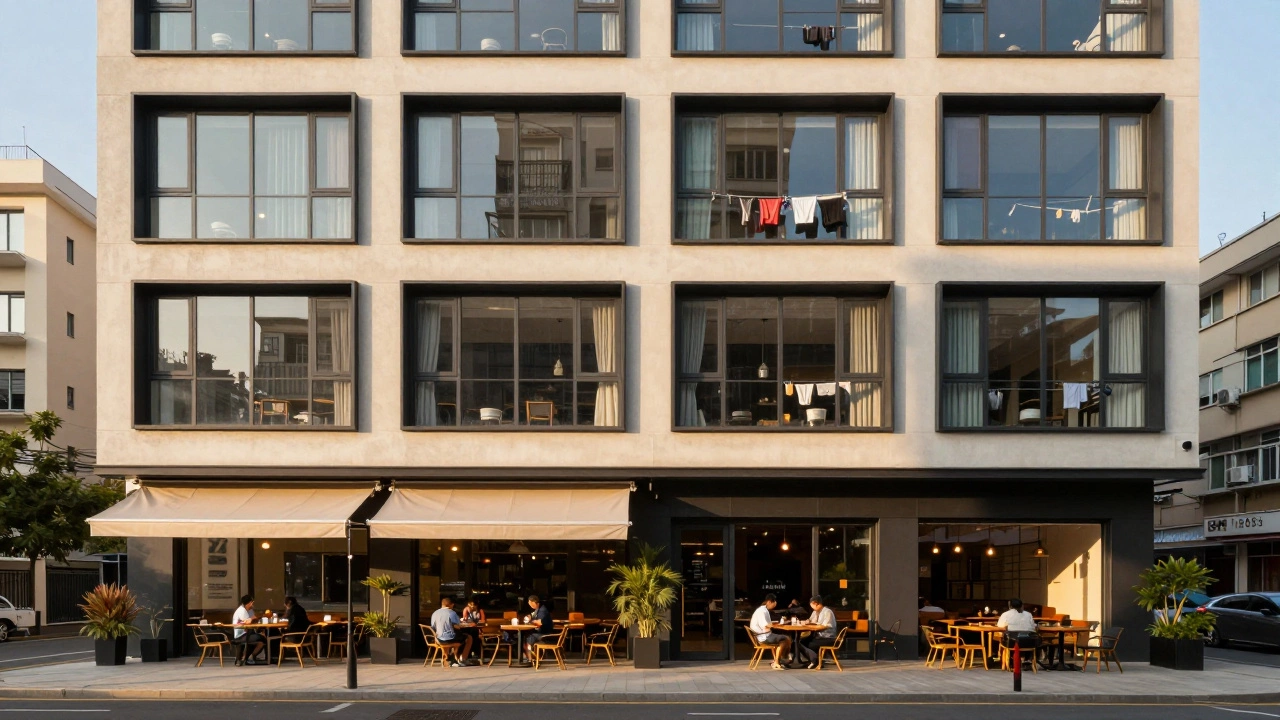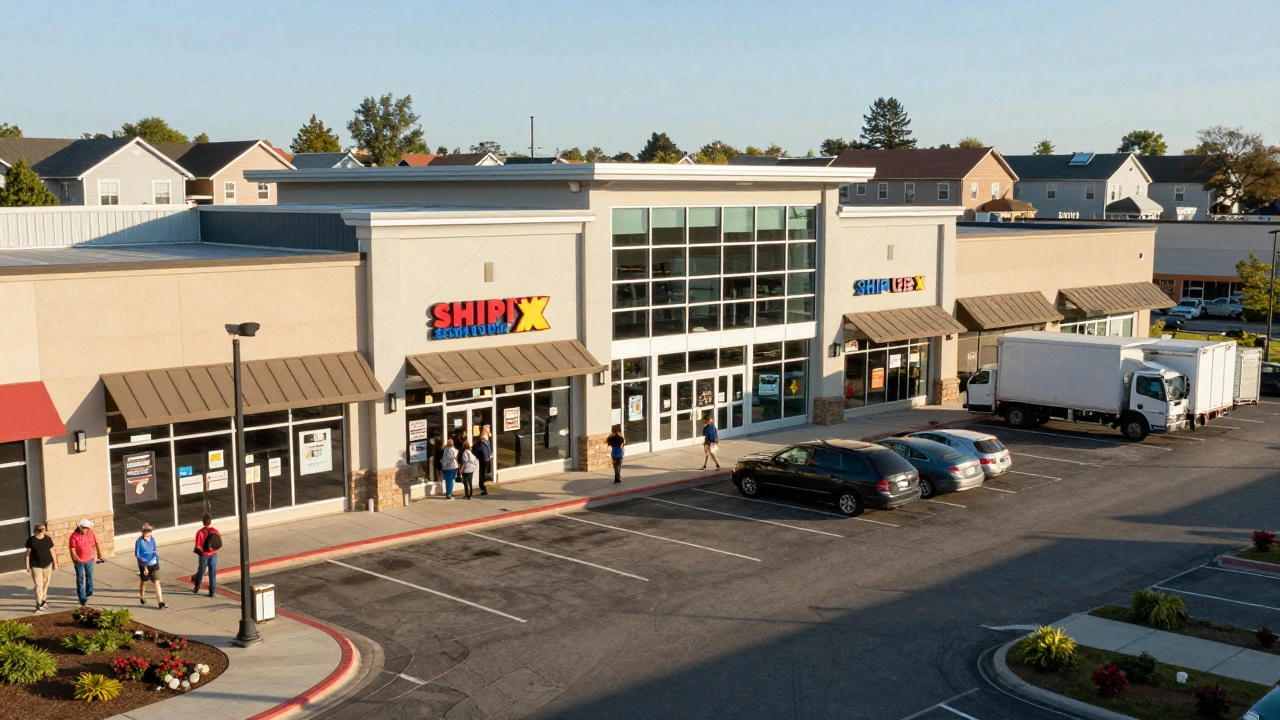Commercial Property Basics for UK Business Owners
If you're a business owner or investor, you’ll hear "commercial property" a lot. It’s basically any building or land used for business, not a home.
The most common types are offices, retail stores, warehouses, and mixed‑use blocks. Each type has its own rules, taxes, and insurance needs, so you need to know which fits your plan.
In the UK, commercial property is defined by planning permission. If the local council labels a site as “C1” (shops) or “B1” (offices), that tells you what you can do there.
Location matters. A shop on a busy high street gets more foot traffic, while a warehouse near a motorway cuts delivery costs. Look at transport links, parking, and future developments.
Budget is another big factor. Commercial leases usually require a ‘service charge’ that covers cleaning, security, and sometimes even the building’s roof or doors. Make sure you factor that into your cash flow.
Types of Commercial Property
Office buildings range from small suites in a business park to skyscrapers in the city centre. They often need high‑speed internet, fire safety systems, and regular servicing of elevators and doors.
Retail spaces can be a standalone shop, a unit in a shopping centre, or a market stall. Visibility, signage, and easy access for deliveries are key, plus durable floorings and entry doors.
Industrial units include warehouses, factories, and distribution centres. They usually have big loading bays, high ceilings, and strong security doors that can stand up to heavy use.
Mixed‑use developments combine residential flats with commercial units on the ground floor. These projects need clear separation of services and good sound insulation.
Managing Your Commercial Property Efficiently
Regular maintenance saves money. A faulty garage door can cost a business hours of lost productivity. Fixing small issues before they turn into big repairs keeps downtime low.
Keep a maintenance schedule for HVAC, fire alarms, and the roof. Write down every service, who did it, and when the next check is due. A simple spreadsheet works fine.
Energy efficiency pays off. Switching to LED lighting or installing smart thermostats can cut bills by 10–20 %. Check if your lease allows you to make those upgrades.
Know your legal obligations. Landlords must comply with the Health and Safety at Work Act, and tenants need to follow fire risk assessments. Ignoring these can lead to fines.
Insurance is non‑negotiable. Choose a policy that covers structural damage, business interruption, and liability. Review it annually to match any changes in use or value.
If you’re unsure about any step, talk to a specialist. Property managers, surveyors, and even garage‑door experts can give advice that keeps your building running smoothly.
Bottom line: treat commercial property like a living asset. Stay on top of maintenance, understand the type of space you own, and keep the paperwork straight. That way your business can focus on growth, not repairs.

What Is Classified as Commercial Construction?
Feb 8, 2026, Posted by Damon Blackwood
Commercial construction includes buildings designed for business use like offices, retail spaces, and warehouses-not homes or personal residences. Learn what qualifies and why misclassification can lead to costly mistakes.
MORE
What Defines Being Commercial in Construction?
Dec 28, 2025, Posted by Damon Blackwood
Commercial construction is defined by use, zoning, building codes, and operational demands-not just ownership or size. Learn what makes a building truly commercial and why it matters for developers and investors.
MORE
Discover the Best Type of Commercial Property for Investment Success
Mar 5, 2025, Posted by Damon Blackwood
Choosing the right type of commercial property can be daunting, but understanding the options is key to a wise investment. From retail spaces to industrial warehouses, each type has unique benefits and challenges. This article explores different commercial properties, providing crucial insights to guide potential investors. Whether you're a seasoned real estate enthusiast or a curious newbie, you'll find valuable information to make informed decisions. Dive into the world of commercial properties and unlock the secrets to investment success.
MORESEARCH HERE
Categories
TAGS
- foundation repair
- commercial construction
- construction
- new builds
- home improvement
- home renovation
- bathroom renovation
- construction materials
- residential construction
- building codes
- home foundation
- building types
- renovation tips
- building materials
- construction differences
- contractor
- foundation cracks
- home construction
- architectural services
- foundation issues